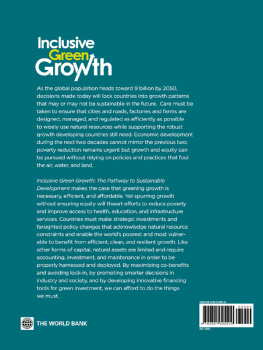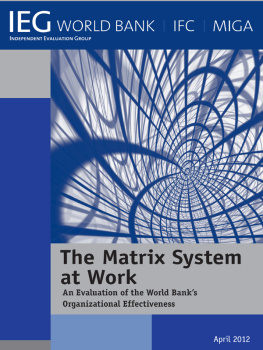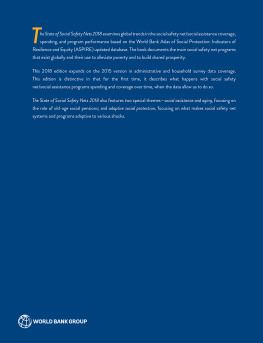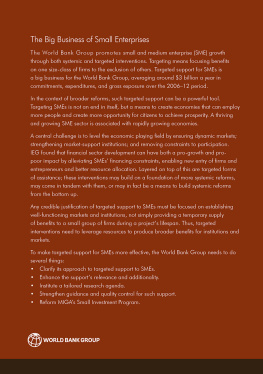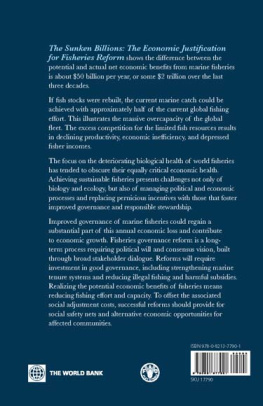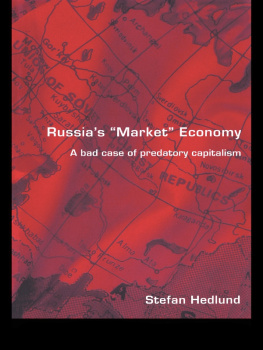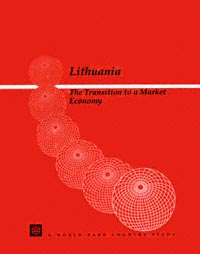Copyright 1993
The International Bank for Reconstruction
and Development/THE WORLD BANK
1818 H Street, N.W.
Washington, D.C. 20433, U.S.A. |
All rights reserved
Manufactured in the United States of America
First printing March 1993 |
| World Bank Country Studies are among the many reports originally prepared for internal use as part of the continuing analysis by the Bank of the economic and related conditions of its developing member countries and of its dialogues with the governments. Some of the reports are published in this series with the least possible delay for the use of governments and the academic, business and financial, and development communities. The typescript of this paper therefore has not been prepared in accordance with the procedures appropriate to formal printed texts, and the World Bank accepts no responsibility for errors. |
| The World Bank does not guarantee the accuracy of the data included in this publication and accepts no responsibility whatsoever for any consequence of their use. Any maps that accompany the text have been prepared solely for the convenience of readers; the designations and presentation of material in them do not imply the expression of any opinion whatsoever on the part of the World Bank, its affiliates, or its Board or member countries concerning the legal status of any country, territory, city, or area or of the authorities thereof or concerning the delimitation of its boundaries or its national affiliation. |
| The material in this publication is copyrighted. Requests for permission to reproduce portions of it should be sent to the Office of the Publisher at the address shown in the copyright notice above. The World Bank encourages dissemination of its work and will normally give permission promptly and, when the reproduction is for noncommercial purposes, without asking a fee. Permission to copy portions for classroom use is granted through the Copyright Clearance Center, 27 Congress Street, Salem, Massachusetts 01970, U.S.A. |
| The complete backlist of publications from the World Bank is shown in the annual Index of Publications, which contains an alphabetical title list (with full ordering information) and indexes of subjects, authors, and countries and regions. The latest edition is available free of charge from the Distribution Unit, Office of the Publisher, Department F, The World Bank, 1818 H Street, N.W., Washington, D.C. 20433, U.S.A., or from Publications, The World Bank, 66, avenue d'Ina, 75116 Paris, France. |
Library of Congress Cataloging-in-Publication Data
Lithuania : transition to a market economy.
p. cm. (A World Bank country study ISSN 0253-2123)
Includes bibliographical references.
ISBN 0-8213-2350-4
1. LithuaniaEconomic conditions1991- 2. Economic
stabilizationLithuania. 3. LithuaniaEconomic policy1991
4. PricesGovernment policyLithuania. I. International Bank for
Reconstruction and Development. II. Series.
HC340.6.L58 1993
338.947'5dc20 93-16713
CIP |
|


